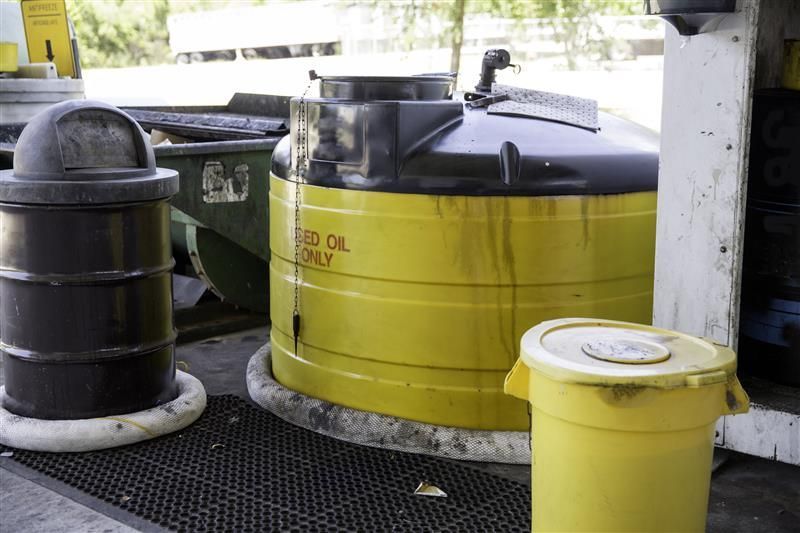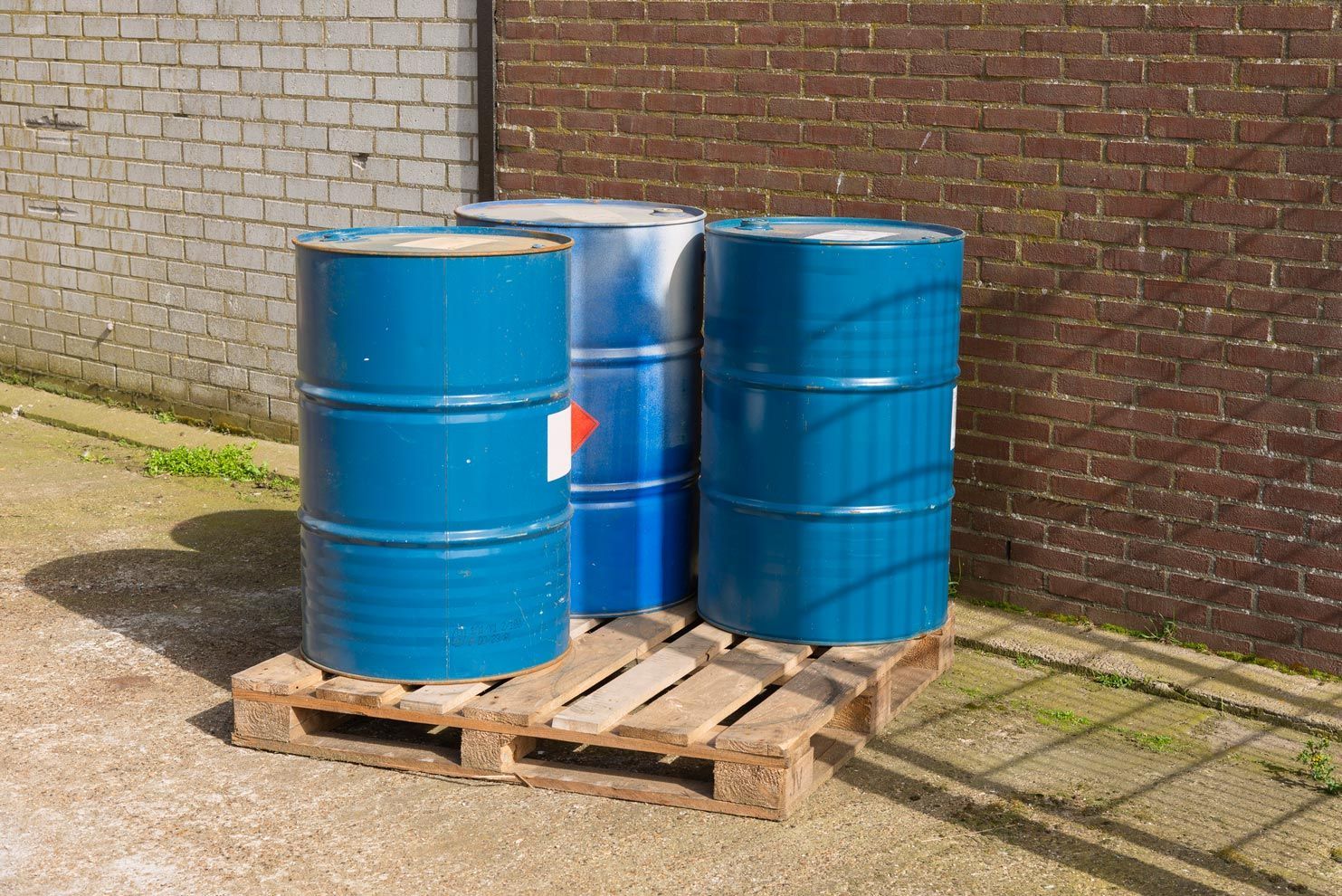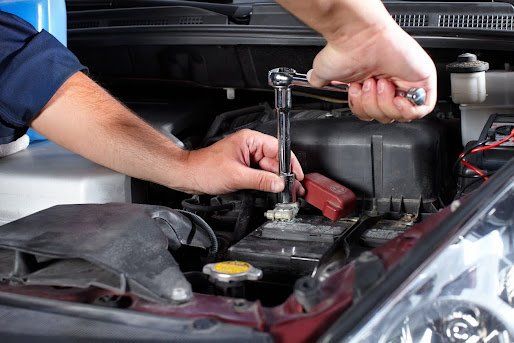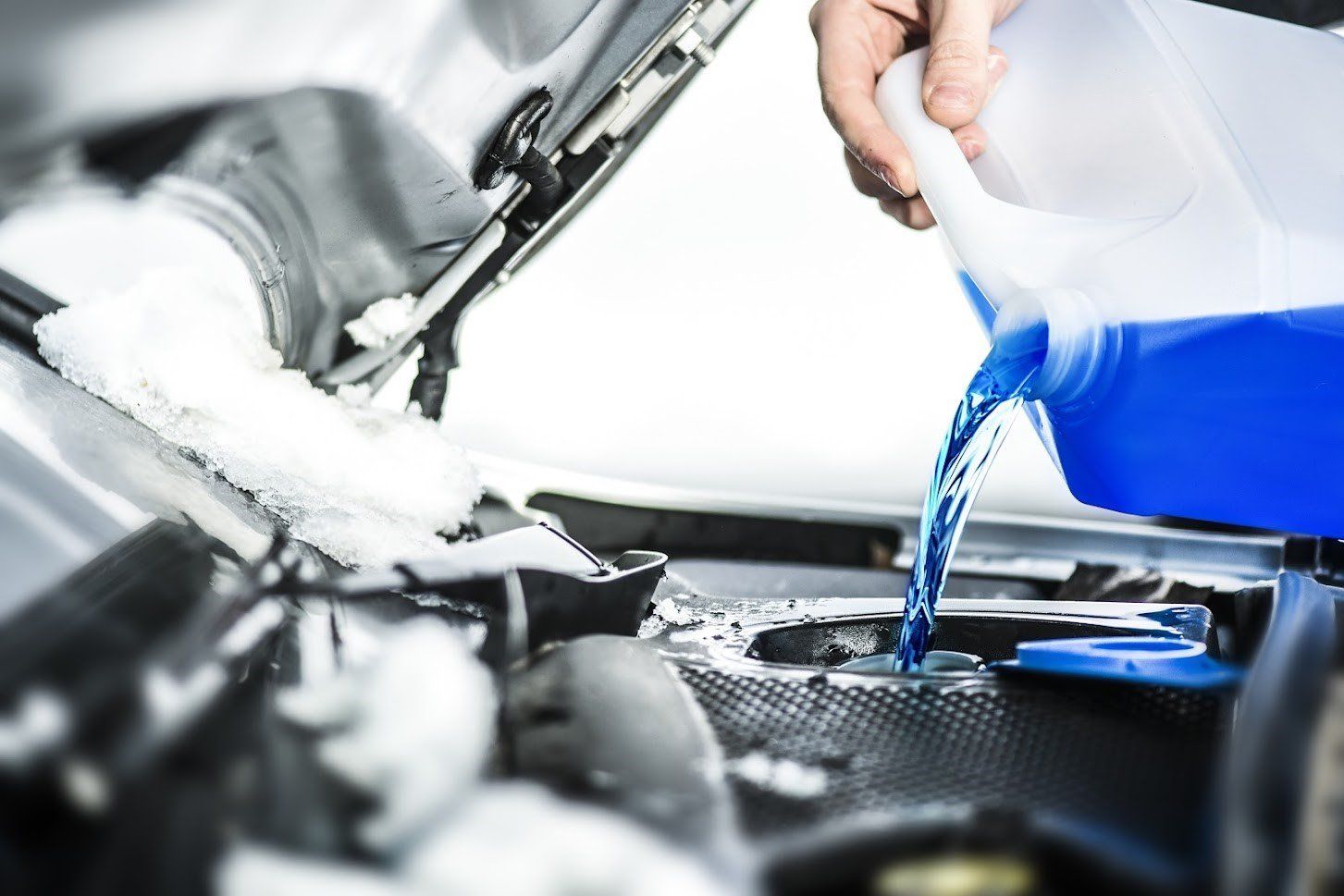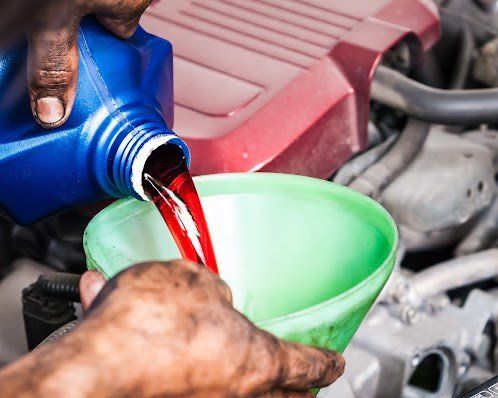Handling Tips for Your Used Industrial Oil

Understand Used Oil
The definition of used oil is critical when collecting and storing fluid for recycling or disposal. Keep in mind that the Environmental Protection Agency (EPA) has established criteria for determining if produced fluid is used oil. Consider the standard description of used oil to avoid combining unsuitable substances when collecting the used fluid.
Used oil refers to fluids derived from crude oil or created using synthetic materials. The fluid must have been used in industrial operations for purposes like lubrication, cooling, transmission, and heat transfer. Additionally, used oil should contain contaminants. The pollutants can be physical or chemical impurities like metal shavings, dirt, water, and halogens.
The EPA outlines the common kinds of used oils formed during industrial processes. Make sure to know about the often overlooked exceptions such as petroleum-derived substances like kerosene, antifreeze, and distillates. Moreover, unused oil from delivery barrels and oil spillages are not also classified as used oil. However, you must still retain and dispose of the fluid safely.
Use Suitable Containers
Acquire the right containers for storing the identified used oil from your industrial processes. Choose reliable drums for safe onsite storage. Different types of containers are suitable for oil storage, including polyethylene and stainless steel drums. Both materials are durable and compatible with waste oil. Also, consider reconditioned containers as a more environmentally friendly solution.
When choosing and buying storage drums for used oil, evaluate the capacity. If your industrial site produced fluid in large volumes, opt for large units like tote containers. Moreover, inspect the condition of any container before purchase and use. A damaged drum can allow oil to leak, which can lead to the subsequent contamination of the industrial site and the environment.
Secure the Containers
The importance of securing the containers of used oil cannot be overemphasized. Prevent access to the drums by unauthorized personnel. Choose a safe location away from the core activities of the industrial site. Watch out for hazards like open flames and sparks due to the fire risk. Lock the doors or manage access to the area if locking is not possible.
Do not store the used oil alongside unused oil or other fluids to avoid confusion and misuse or discharge of the contaminated material. Moreover, storing diverse chemicals together in a confined location might result in an adverse reaction.
Plan for Spillage
Used oil might spill during onsite handling. Plan for this accident when collecting, pumping, or pouring the fluid into storage containers. Improper management of spills often leads to extensive contamination. For instance, the fluid could flow into a floor drain and end up in a river or the ocean. You can prevent disasters with quick management.
Keep absorbent materials on hand, and use them to prevent oil flow in case of a spill. You can also erect a suitable sorbent berm around the accident zone. If the spill is from a leaking drum, transfer the fluid to a secure container before cleanup. Use cleaning materials like rags and pads to absorb the oil. Handle these hazardous items like used oil during disposal.
Choose a Specialist
Make sure to choose a specialist for your used oil management needs. Industrial fluids are hazardous and difficult to store before reuse and recycling. An experienced business with an understanding of legislation and resources for safe oil disposal will prevent oversights and accidents. If you have struggled with used oil handling,
contact us at Denver Oil for professional help.

